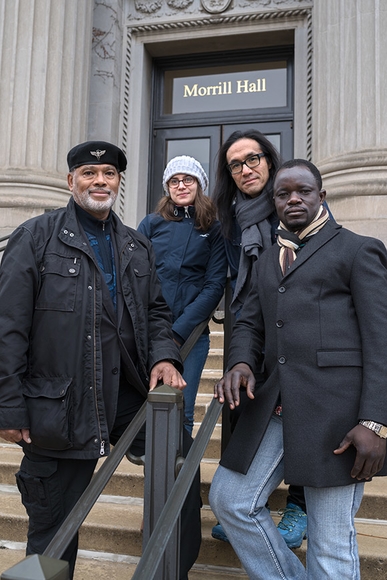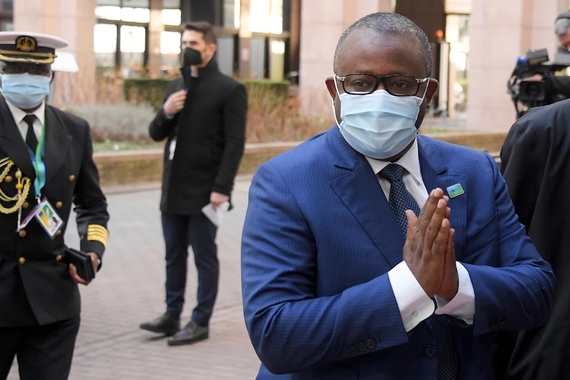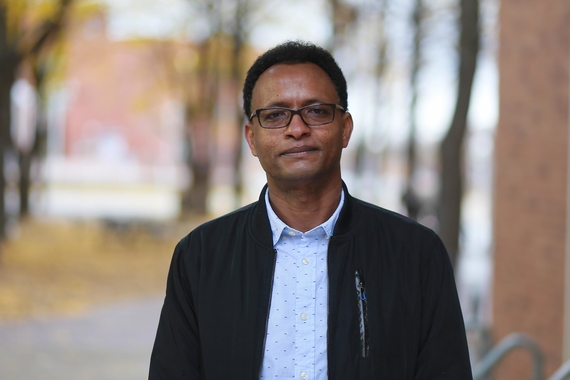On Purpose: Portrait of African American & African Studies

The Department of African American & African Studies was birthed out of student activism and protests for inclusion, representation, and social justice at the University of Minnesota as well as in our nation in the 1960s. The movement culminated in what is known as the Morrill Hall Takeover.
Over the last fifty years, we have evolved into one of the leading academic units at the University of Minnesota that promotes and fosters intellectual and community engagement, both locally and nationally. As an eclectic community of scholars, we pride ourselves in attracting students from diverse backgrounds and promoting an inclusive community for the next generation of academic and global ambassadors.
We are engaged in diverse, dynamic, and wide-ranging research interests on African, African-American, and African Diasporic experiences. Our multifaceted scholarly inquiry includes the interrogation of historical, socioeconomic, psychological, and political impacts of the forced migration of African peoples and how that has shaped their global experience and legacies—most especially their contributions to American and world history. Our fields of interest include, but are not limited to, Black radicalism and internationalism, African American history, Black feminist theory and practice, and postcolonial theory.
Over half of our faculty members have been recognized in the University community and nationally as award-winning teachers and engaged scholars. Engagement runs through everything we do, and we work hard to ensure that our teaching and research addresses our society’s pressing concerns and the critical challenges in our present-day realities.


